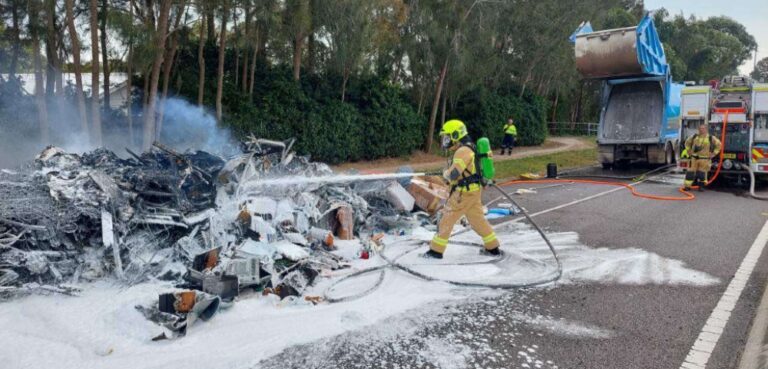
The criminal justice system urgently needs reform
BY Sunaina Sharma
The Community Justice Coalition is campaigning to end the failed law and order campaigns and make prisons more rehabilitative and educational.
Over the past 20 years there have been campaigns fuelled by politicians and the media, which emphasise law and order and getting tough on crime. This rhetoric has resulted in an explosion within the prison population, and increased expenditure on crime. For instance, during 2004- 2005, the prison population in NSW was 10 percent higher than the national average. Over the past decade, the number of adult prisoners has risen by 50 percent in NSW. However, higher incarceration levels have not been proven to reduce crime, and a purely punitive system will only increase crime.
All of the major political parties have already acknowledged that the current ‘law and order’ campaigns to reduce crime have failed, both in their responses to the ‘Prison System: Submission and Questionnaire’ and during the forum.
Crime can only be reduced by strategies that address its socio-economic causes, not by relying solely on the prison system to act as a deterrent. One of the strongest determinants of crime is disadvantage. Therefore, governments need to fund more cost-effective community programs to combat poverty, poor education, inappropriate parenting, drugs and alcohol, mental illness, and a lack of support and services. This is the best approach: preventing crime.
When people enter prisons they need to receive rehabilitative services. People cannot be expected to leave prison as productive members of society unless they are given access to rehabilitation programs. This is reflected in NSW’s high recidivism rates: 68 percent of prisoners will re-offend after their release, with 43 percent re-offending after two years.
Education is paramount in order to allow prisoners to successfully rebuild their lives. It allows prisoners to learn skills that will make them valuable to employers, and numerous studies have demonstrated its impact on reducing recidivism and promoting integration. This is why the CJC is advocating for the implementation of computers in prison cells. Computers allow prisoners to complete a TAFE or university qualification, and are much more effective and user-friendly than any prison library or occasional prison educational course. Furthermore, computer literacy has become a necessity in life. Nearly all office jobs require an understanding of Microsoft Office, and even careers that focus on physical labour are increasingly using computing to organise and simplify their work .
During the forum each party expressed their support for placing computers in cells. Phillip Costa pointed out that Nowra Prison had been designed to receive computers in cells and that they were awaiting a political decision. He also stated that he “ believe[s computer are] a very useful resource so long as you’ve got a capacity to maintain security and safety”. Greg Smith affirmed that “the only thing that worries me about the proposal is security”. The Greens asserted that they support computers in cells “with all of the appropriate IT restraints [which are] clearly within the grasp of the NSW government”. The security concerns of the Labor and Liberal parties have been safely addressed as shown in the ‘Computers in Cells Proposal’.
Recidivism is caused by the same factors that drive people to crime in the first place. Key services need to be provided by the government through proper case management to help prisoners re-integrate into the community such as housing, education and training, mental health social support and mentoring.
Sunaina Sharma was an intern with the Community Justice Coalition. The CJC is a non-government and not for profit organisation of individuals and groups formed in 2009 to advocate for specific reforms in the NSW Criminal Justice and Prison Systems.









